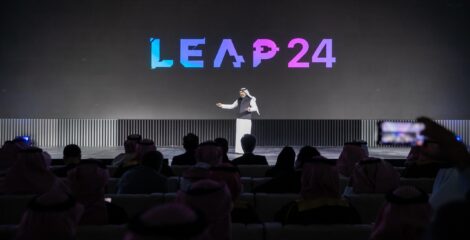CODED co-founders, Ahmed Marafie and Hashem Bihbahani meet with Dr. Rana Al-Fares, Kuwait’s Minister of Telecommunications & Information Technology to discuss Kuwait’s digitization. The coding academy is the first of its kind in the Middle East and the GCC region.
Kuwait’s recent governmental plan for the future, led by Sheikh Sabah Khaled Al-Sabah and handed to the Kuwaiti Parliament in December 2020, has emphasized its focus on the development of STEM education and scholarships, technology, and the diversification of the country’s economy. Experts point out that accelerating digitization makes 30% of the plan. One way to achieve this end is to seek the professional consultation and expertise of influential Kuwaitis in the high-tech training and software development sectors.
Ahmed Marafie and Hashem Bihbahani, a computer engineer and a finance graduate, co-founded the academy in 2015. Before and during the pandemic, CODED stood out as one of the first companies to help career switchers, entrepreneurs, K-12 students, and even organizations to be educated in software development, programming, and data science through offline and online bootcamps.
CODED was launched in Kuwait and has expanded to Bahrain and Jordan, among other MENA countries, with a record of more than 400 graduates and 35 bootcamps accomplished. The coding academy has partnered with many local and regional enterprises (notable of which are Zain, KFH, The National Fund of SMEs, and KFAC in Kuwait) in the form of clients, recruiters, and the technological arm of various ambitious startups looking to hire a professional tech team.
Furthermore, CODED is a partner of the One Million Arab Coders initiative launched by Sheikh Mohammed bin Rashid Al Maktoum, Vice President and Prime Minister of the UAE and Ruler of Dubai. The initiative seeks to equip young Arabs with the tools to build their future, starting with fluency in coding and programming.
The Kuwaiti government thus seems in a great position to take advantage of homegrown initiatives like CODED in its mission to achieve digital transformation, enhance the quality of STEM education, and diversify its economy through adapting to the new technologies made possible by the fourth industrial revolution.
If you see something out of place or would like to contribute to this story, check out our Ethics and Policy section.














